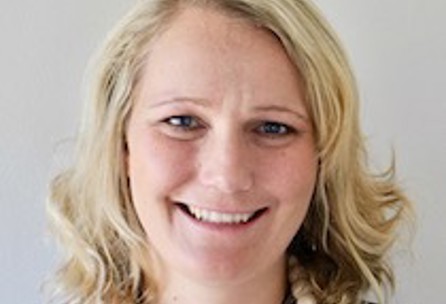- To compare biological and socio-behavioural factors between adolescent/young women and adult South African women with the aim of explaining differences in HIV infection rates.
- To evaluate changes in the microbiome and immunity of the female reproductive tract following the initiation of different forms of contraception.
- To develop a biomarkers point-of-care test to identify women at high risk of HIV acquisition.
- To develop female reproductive tract biotherapeutics to reduce HIV infection risk in women.
- To develop diagnostic tests for sPTB risk prediction in pregnant Australians, including First Nations women
We work closely with communities to conduct clinical cohort studies in which we collect socio-behavioural, demographic and clinical data. We also collect clinical samples to study microbial populations in the female reproductive tract by measuring microbial proteins (metaproteomics) and isolating and characterising bacteria (culturomics).
We investigate immune profiles by measuring inflammatory protein production (proteomics, luminex, ELISA and gene expression) and HIV target cell populations (flow cytometry).
Using these data, we use machine learning approaches to discover biomarkers of different conditions and risk factors (e.g. vaginal inflammation, bacterial vaginosis, spontaneous preterm birth) for low-cost diagnostics development.
Our work aims to develop knowledge that will lead to interventions to improve women’s and girls’ sexual and reproductive health and contribute towards reducing rates of HIV infection and adverse birth outcomes in populations most affected.
to reduce HIV infection rates in sub-Saharan Africa are urgently needed.
Working
Group
Meet the working group. Together, we are translating research into better health, for all.









